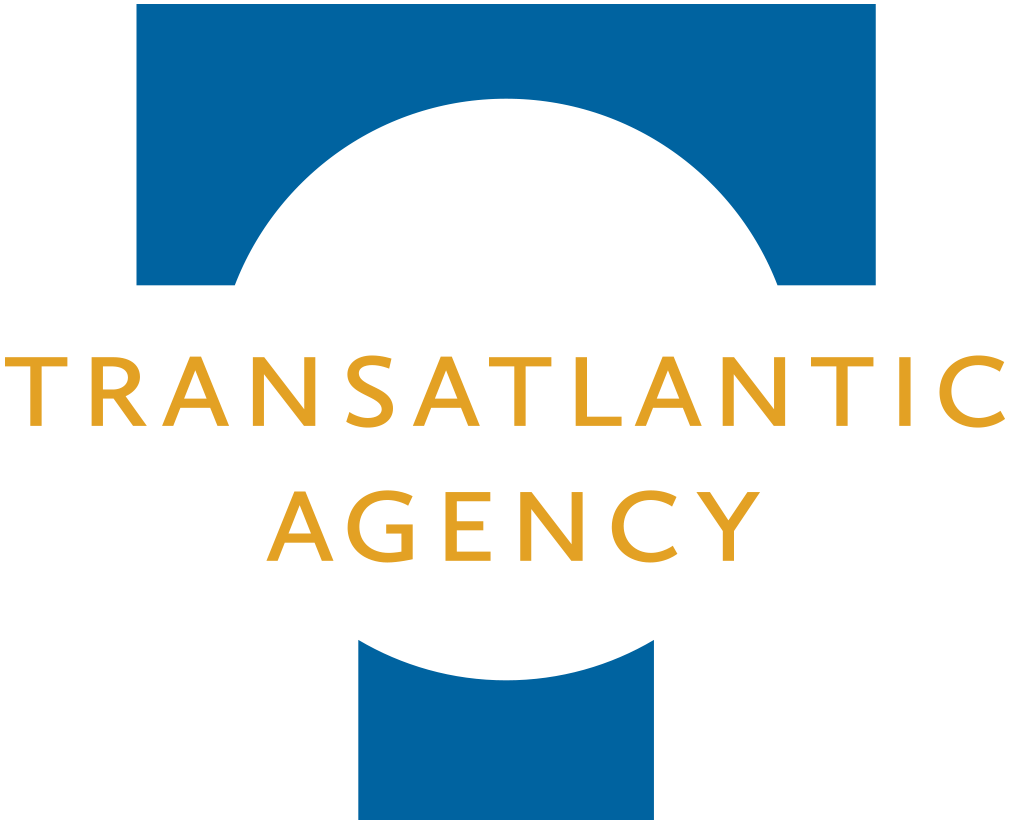Petra Molnar
Petra Molnar is a lawyer and anthropologist specializing in migration and human rights.
A former classical musician, she has been working in migrant justice since 2008, first as a settlement worker and community organizer, and then as a researcher and lawyer. She works on digital border technologies, immigration detention, health and human rights, gender-based violence, as well as the politics of refugee, immigration, and international law. Petra also works on issues around knowledge production, decolonial community work, and strategies of resistance in migrant justice.
Petra has worked all over the world including Jordan, Turkey, Philippines, Kenya, Colombia, Canada, and various parts of Europe. She is the co-creator of the Migration and Technology Monitor, a collective of civil society, journalists, academics, and filmmakers interrogating technological experiments on people crossing borders. She is also the Associate Director of the Refugee Law Lab at York University and a 2022-2023 Fellow at the Berkman Klein Centre for Critical Internet at Harvard University.
Petra is the author of numerous academic and popular press publications on technology and migration and one of the first and leading international voices on these issues. Her work has been widely featured in The Guardian, Al Jazeera, and the New York Times, among others, and she is frequently quoted in international and local media as well as various policy briefings at the national and international level including frequently speaking at various institutions within the United Nations. Her first book, Artificial Borders (The New Press 2024), chronicles high-risk technological experiments and their impacts on people crossing borders.
Petra holds a Juris Doctorate from the University of Toronto Faculty of Law, a Masters of Anthropology from York University, Centre for Refugee studies, and an LL.M in International Law from the University of Cambridge.
Selected Speaking Topics
SUBSTANTIVE TOPICS:
Border technologies and their human rights impacts
AI lie detectors in airports, algorithms placing refugees in detention, drones patrolling sea and land crossings, robo dogs at borders. There are just some of the examples of various border technologies being tested out across the world. What are the human rights implications of these technologies? Why are mobile communities used as testing grounds for these experiments? What can we do to better understand the lived experiences at the sharpest edges of technological innovation
Other topics of interest:
- International human rights and refugee law – a primer
- Impacts of immigration detention and carceral technologies
- Gender based violence, surveillance, and new forms of oppression
FOR GOVERNMENTS AND PRIVATE SECTOR:
Regulating new technologies from a human rights perspective
As states and the private sector increasingly develop and deploy new automated technologies, surveillance, and other projects relying on big data, what can effective and meaningful accountability look like? What are some of the ethical implications of using high risk technologies and what are the current conversations around governance (such as the EU’s upcoming AI Act?). What responsibilities do private actors have to ensure that whatever products they are developing meet human rights standards across the world?
Other topics of interest:
- Human rights impact assessments – what are they and how can they help?
- International organizations and their roles in developing new technologies
- Bridging the gap between technologists, human rights workers, and affected communities
RESEARCH AND PROJECT DESIGN:
Working with community, from the ground up
What counts as expertise and why? Why are perspectives from affected communities often relegated to the sidelines, if not outright silenced? Working from a participatory perspective when designing projects, implementing technologies, and strategizing advocacy and policy direction requires framings which center an analysis of power, history, and systemic violence against marginalized groups.
Other topics of interest:
- Workshop on how to work with the media and developing advocacy strategies for community groups and human rights activists
- Security training when developing human rights research projects
- Participatory action research methodology (centering community groups)
To book Petra Molnar, contact Brenna English-Loeb at brenna@transatlanticagency.com.

